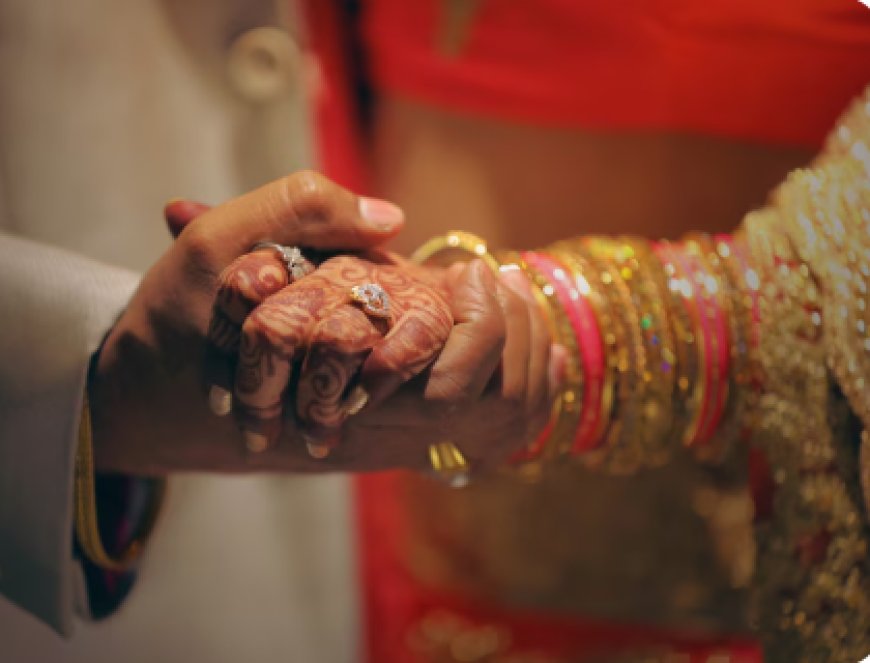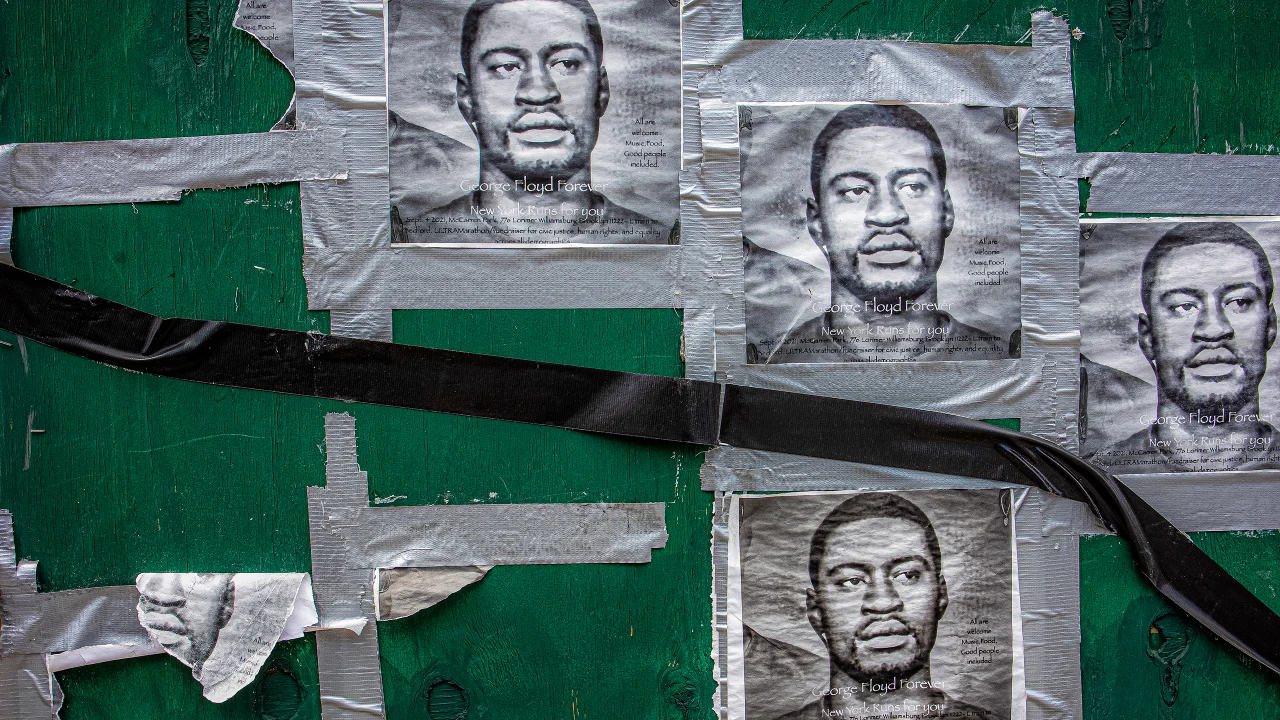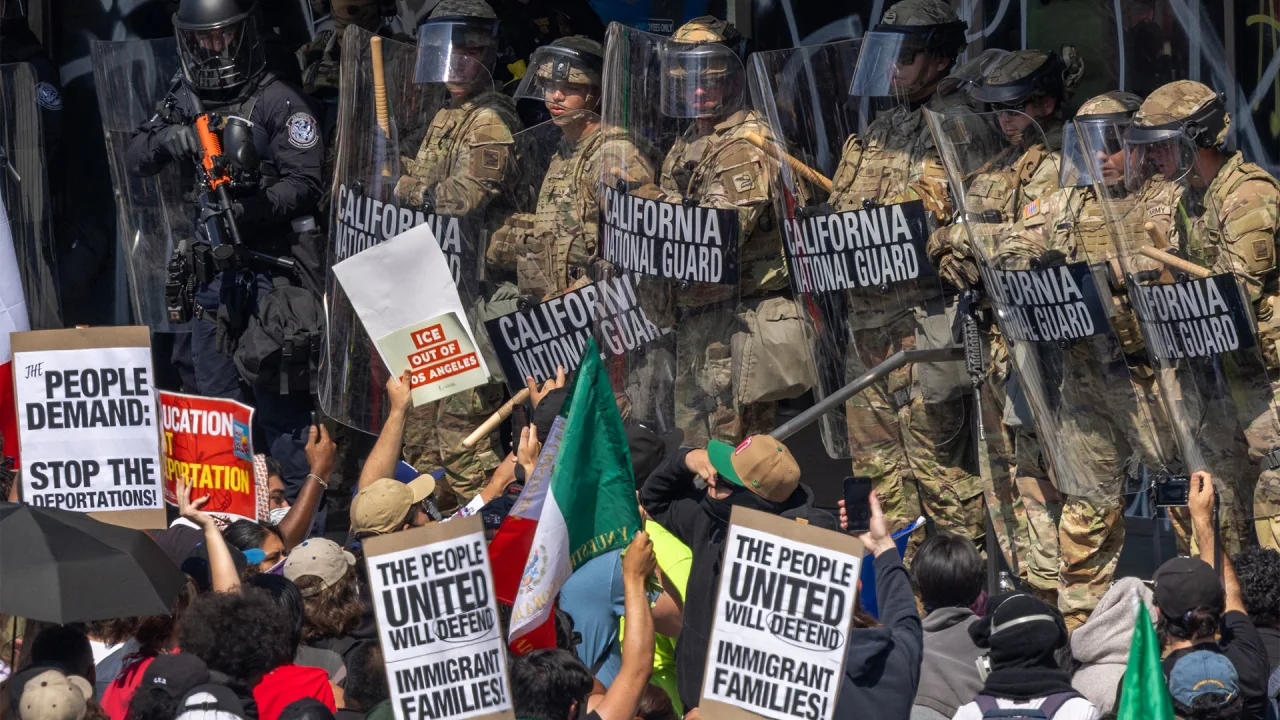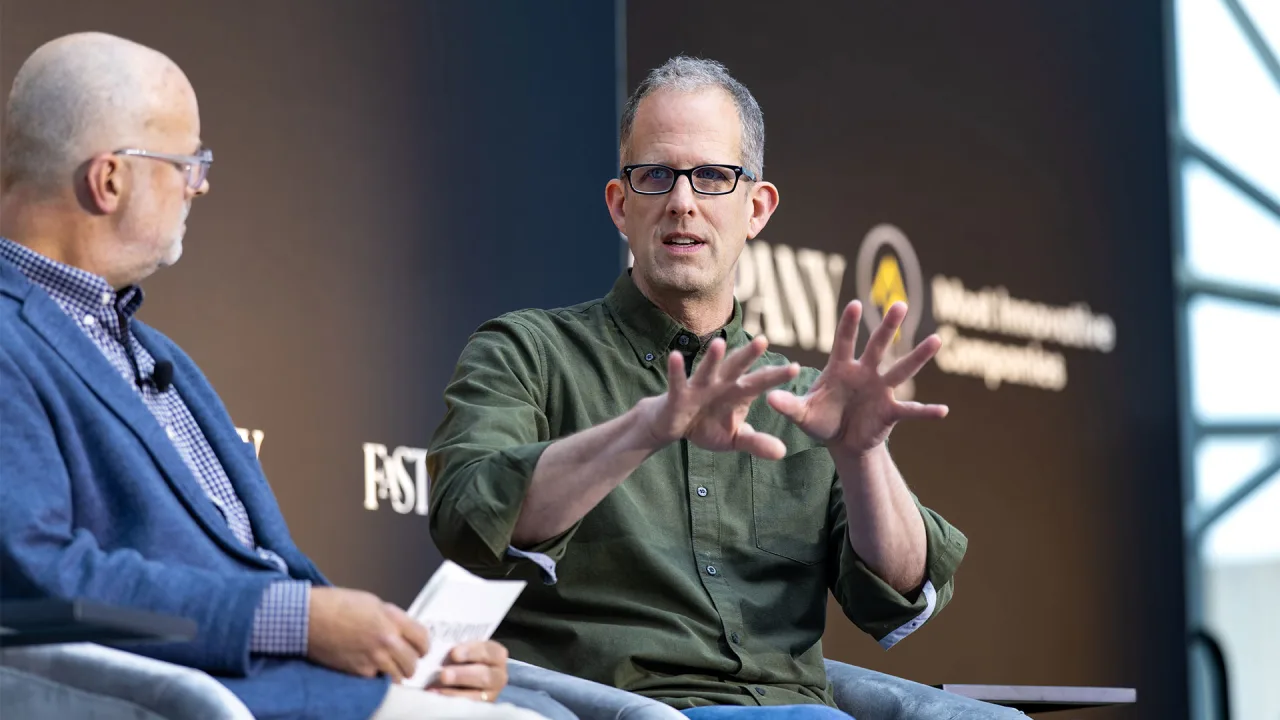How Has Indian Matrimonial Changed with Modern Technology?
Explore how modern technology has transformed Indian matrimonial—personalized matchmaking, global reach, and secure platforms are redefining the search for a life partner.

The Indian matrimonial system has a rich history rooted in cultural traditions and family involvement. However, as with many aspects of modern life, Indian Matrimonial practices have been transformed by the advent of technology. From online matchmaking platforms to mobile applications, modern technology has significantly impacted how people find their life partners in India and among Indian communities abroad.
In this blog, we explore how Indian Matrimonial practices have evolved due to technological advancements, and how these changes have affected matchmaking, compatibility, and the overall approach to marriage in Indian culture.
The Shift from Traditional Matchmaking to Online Platforms
For centuries, Indian marriages were arranged by families, with relatives and matchmakers playing a pivotal role in introducing potential partners. The process often relied heavily on community ties, personal connections, and word-of-mouth recommendations. Indian Matrimonial services were mostly offline, where people would meet through relatives, family events, or community gatherings.
However, with the rise of the internet, the traditional matchmaking process has seen a radical shift. Today, online matrimonial platforms have become one of the most popular ways for individuals to connect with potential partners. These platforms allow individuals to create detailed profiles, search for matches based on their preferences, and connect with people from different geographical locations, including NRIs (Non-Resident Indians).
The introduction of digital matchmaking has not only made Indian Matrimonial more accessible but also streamlined the entire process, offering greater convenience and efficiency compared to traditional methods.
Greater Accessibility to a Larger Pool of Matches
One of the biggest changes brought about by modern technology is the accessibility it provides. Previously, individuals seeking a marriage partner were limited by their immediate social and geographical circles. The scope for finding a suitable partner was confined to the local community or even the extended family.
Now, with the advent of online matrimonial platforms and apps, individuals have access to a much larger pool of potential partners. They can connect with people across India, as well as with other countries, expanding their choices beyond what was traditionally available. This is especially beneficial for those living in urban centers or abroad, where meeting like-minded individuals within one’s community can be more challenging.
Indian Matrimonial services, through their algorithms and search filters, allow users to select partners based on specific criteria such as religion, caste, education, career, and even interests. This expanded access has helped individuals make more informed decisions when it comes to choosing their life partners.
Personalized Matching Algorithms for Better Compatibility
Another significant change that technology has introduced to Indian Matrimonial practices is the use of personalized matching algorithms. These algorithms are designed to match individuals based on a variety of factors such as personality, preferences, values, and compatibility.
Whereas traditional matchmaking relied heavily on subjective opinions and family discussions, online platforms use data-driven methods to connect individuals with potential matches. The algorithm analyzes details such as education, career goals, lifestyle habits, and cultural background to suggest compatible matches. This process ensures a more objective approach to matchmaking, increasing the chances of finding a truly compatible partner.
Although traditional matchmaking also emphasized compatibility, the data-driven approach of modern technology has made the process more precise and tailored to individual needs.
Increased Role of Privacy and Security
With online matrimonial platforms, privacy and security have become key considerations in Indian Matrimonial services. People seeking marriage online are often cautious about their personal information, and matrimonial platforms have evolved to address these concerns by incorporating security measures.
Today’s matrimonial platforms use encryption technologies to protect users' data and ensure that only the intended recipients can view sensitive information. Users can communicate with potential partners through secure messaging systems, and many platforms have systems in place for background checks to ensure the authenticity of profiles.
These security features have helped build trust in online matrimonial services, making it safer for individuals to explore potential partners without compromising their privacy. This level of security was more challenging to implement in traditional matchmaking methods, where trust was primarily built through family connections and word of mouth.
Changing Attitudes Towards Arranged Marriages
While Indian Matrimonial services are largely associated with arranged marriages, modern technology has shifted attitudes toward these unions. Historically, arranged marriages were often seen as a formal, family-driven process with less input from the individuals involved. However, today, individuals have more control over the process than ever before.
On online matrimonial platforms, individuals can search for potential matches and initiate conversations. This gives them a sense of agency in the decision-making process, allowing them to explore potential partners at their own pace. They can choose to meet or communicate with people they feel a connection with, rather than simply relying on family approval.
This shift has made arranged marriages more aligned with personal preferences and choices, rather than being driven entirely by family arrangements. It’s a blend of tradition with the autonomy of modern dating, and this is particularly evident in Indian Matrimonial platforms designed to serve this dual purpose.
Breaking Cultural and Geographical Barriers
Indian Matrimonial services have also helped break cultural and geographical barriers. In the past, individuals seeking a partner were often limited to their regional community, which could sometimes lead to highly specific criteria for selecting a match. For example, individuals from the same state, language group, or caste were often preferred for compatibility reasons.
However, technology has facilitated cross-cultural and inter-regional marriages in ways that were not possible before. People from different parts of India, or even from different countries, can now find compatible partners who share similar values, irrespective of cultural differences. This has broadened the scope of marriage options and increased the diversity of Indian Matrimonial unions, contributing to a more inclusive approach to matchmaking.
In addition to this, technology has also made interfaith marriages more accessible, with platforms allowing individuals to filter and search based on values, rather than being confined to rigid traditional structures.
The Role of Social Media in Indian Matrimonial Practices
Social media has also played a role in transforming Indian Matrimonial practices. Many people use social media platforms to meet potential partners and expand their social circles. While matrimonial websites remain the primary avenue for serious relationships, social media allows individuals to connect in a more informal and organic way.
Through social networks, individuals can learn about each other’s interests, values, and lifestyles before entering the formal matrimonial process. This informal yet informative approach provides a deeper insight into compatibility and can help make the matchmaking process smoother.
Social media also helps individuals communicate more freely, breaking down traditional barriers that previously restricted open dialogue between potential partners.
Conclusion
Indian Matrimonial practices have undergone a profound transformation due to the influence of modern technology. What was once a family-driven, community-based practice is now a more individual-centered and data-driven process. Online platforms, personalized matching, privacy and security features, and the power of social media have all contributed to a more efficient, inclusive, and accessible approach to finding a life partner.
As Indian Matrimonial practices continue to evolve, technology will undoubtedly play an even greater role in shaping the future of marriage. While traditional values and family involvement remain integral, technology has introduced a level of convenience, transparency, and agency that has made the process more aligned with the needs and preferences of today’s generation.
By combining the wisdom of tradition with the power of modern technology, individuals seeking marriage in the Indian community now have the best of both worlds—a more personalized, thoughtful, and meaningful journey to find the perfect partner.











































































![https //g.co/recover for help [1-866-719-1006]](https://newsquo.com/uploads/images/202506/image_430x256_684949454da3e.jpg)


























![[PATREON EXCLUSIVE] The Power of No: How to Say It, Mean It, and Lead with It](https://tpgblog.com/wp-content/uploads/2025/06/just-say-no.jpg?#)




















































